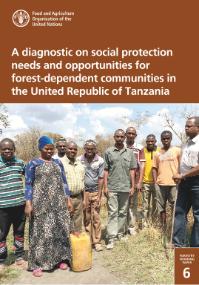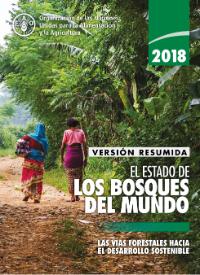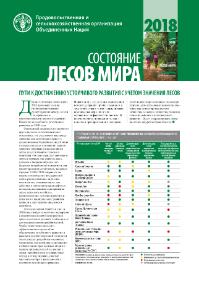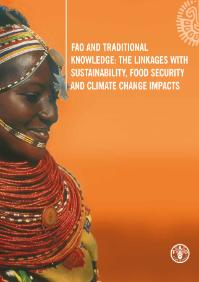High Risk in the Rainforest: Golden Agri-Resources and Golden Veroleum’s Palm Oil Project in Liberia
Report shows that Dutch-based banks continue to finance deforestation and land grabbing in Liberia. Thousands have lost their homes, local communities have been intimidated or imprisoned, and large swathes of forest have been cleared or burnt down. Milieudefensie argues that it is time for the banks to fulfil their sustainable banking promises, and to withdraw their investments in the industrial palm oil sector as soon as possible.












